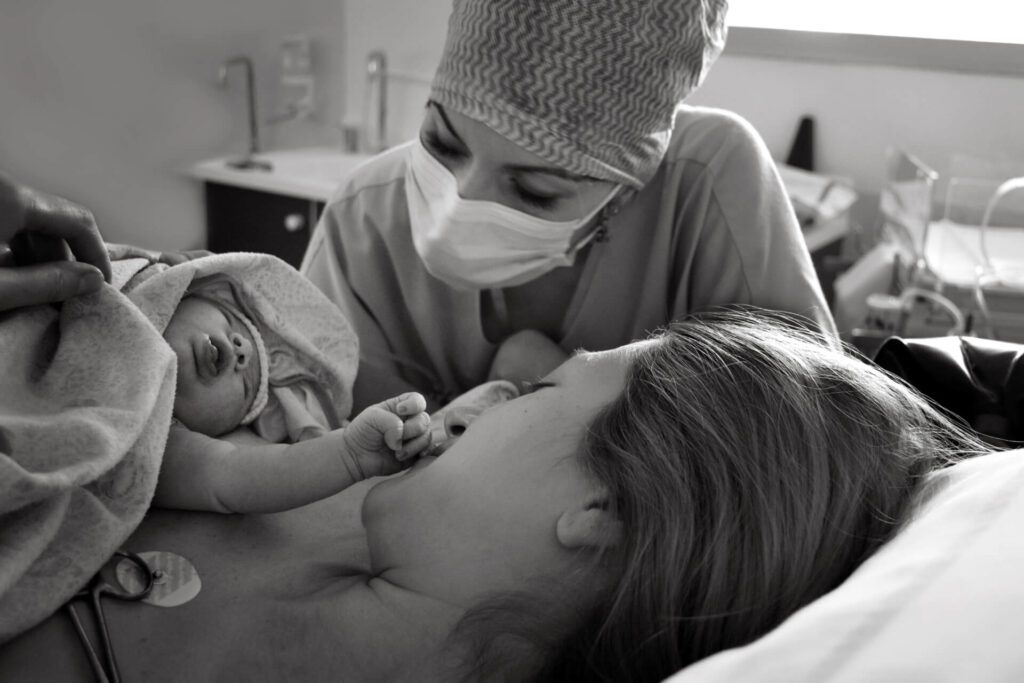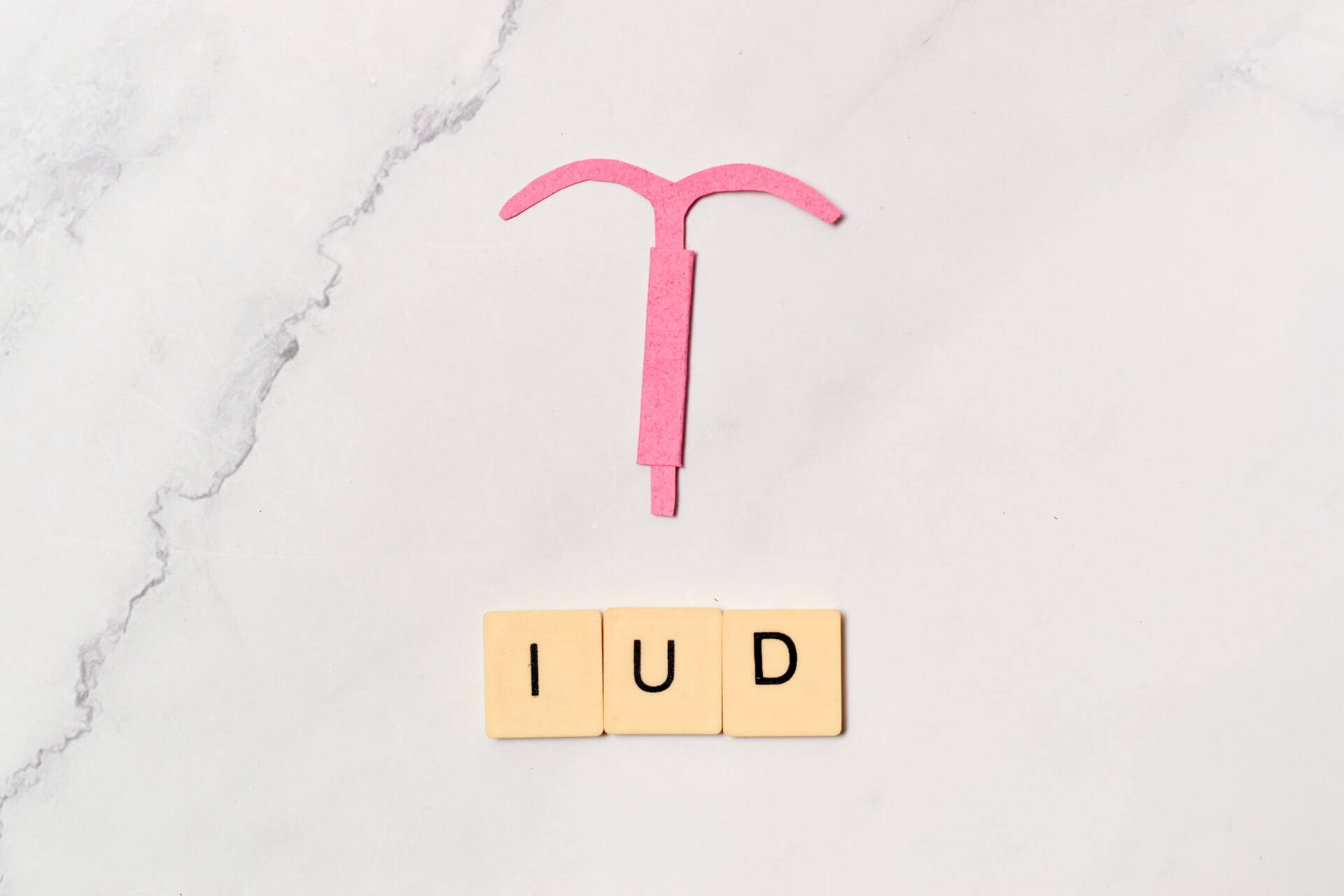Becoming a new parent can be a daunting task, especially when it comes to newborn care basics. But don’t worry – we’ve got you covered! In this article, we’ll be going over some of the basics of newborn care to help ease your transition into parenthood.
Having a baby is an exciting, yet overwhelming experience. As new parents, it can be hard to know where to start when it comes to caring for your newborn.
From feeding and sleeping to clothing and bathing, newborn care basics can help you feel more confident in caring for your baby.
Bathing
One of the first things you’ll need to learn as a new parent is how to give your baby a bath. Don’t worry, it’s not as complicated as it may seem!
In fact, newborns don’t need to be bathed as often as older babies or adults. The American Academy of Pediatrics recommends that you bathe your newborn at least 3 times a week, or as needed if they get dirty or sticky (1).
When it comes to actually giving your baby a bath, there are a few things to keep in mind.
Firstly, make sure the water is warm but not hot – a good rule of thumb is that the water should be around 98-100°F (2).
Also, be sure to use a mild, fragrance-free baby soap and shampoo. And, of course, never leave your baby unattended in the bath.

Diapering
Another important aspect of newborn care is diapering. Newborns can go through a lot of diapers – up to 12-15 per day (3)! Diaper changing is a necessary part of caring for your newborn.
It is important to change your baby’s diaper frequently to help prevent diaper rash and other skin infections.
To change a diaper, start by laying your baby on a changing table or other flat surface. Use the front of the diaper to wipe away any poop, and then use the back of the diaper to wipe away any urine.
Then, remove the dirty diaper and put on a clean one. Be sure to check the diaper frequently and change it as soon as it becomes wet or soiled.

Feeding
One of the most important aspects of newborn care is feeding. Newborns need to eat frequently – usually every 2-3 hours (4).
If you’re breastfeeding, you’ll want to make sure that your baby is latching on correctly and that your milk is flowing freely.
If you’re formula feeding, be sure to follow the instructions on the formula packaging and use the appropriate amount of water.
When it comes to feeding, there are a few things to keep in mind. Firstly, be sure to burp your baby after every feeding to help release any trapped air bubbles.
Also, make sure that your baby is positioned comfortably and that their head is supported.
And, of course, make sure that the milk or formula is at the right temperature before feeding your baby.

Sleeping
Sleeping is an important aspect of newborn care, as it allows your baby to rest and grow. Newborns typically sleep 14-17 hours a day. It is important to establish a regular sleep schedule for your baby, but remember to be flexible as your baby’s needs will change over time.
The American Academy of Pediatrics recommends that newborns sleep on their back to reduce the risk of Sudden Infant Death Syndrome (SIDS) (5).
When it comes to creating a sleep environment for your baby, there are a few things to keep in mind.
Firstly, make sure that the crib or bassinet is free of any soft objects, such as blankets or stuffed animals, that could pose a suffocation risk. Also, be sure to dress your baby in appropriate sleepwear.
Clothing
Clothing When it comes to dressing your baby, less is more! Layering is key to make sure your baby is comfortable and safe. For cold weather, make sure to dress your baby in one more layer than you would normally wear. For warm weather, dress your baby in breathable, lightweight clothing.
Bonding
Bonding with your newborn is an important part of caring for your baby. Holding and talking to your baby can help to strengthen the bond between you and your baby.
Skin-to-skin contact, such as cuddling and breastfeeding, can help your baby to feel safe and secure.
Laundry
Doing laundry for your newborn can be a daunting task. It is important to use a mild, hypoallergenic detergent and to separate light and dark clothing.
It is important to avoid using fabric softeners and dryer sheets as these can irritate your baby’s skin.
Nursery Safety
Creating a safe and comfortable environment for your newborn is essential for their health and wellbeing. Make sure the nursery is smoke-free and that there are no loose wires or cords within reach.
It is also important to keep all medicines and cleaning supplies out of reach.
Cord Care
It is important to take care of your newborn’s umbilical cord stump. Keep the area clean and dry and make sure to avoid any vigorous activities that may tug on the cord. It is important to make sure the stump is not submerged in water during baths and to change your baby’s diaper carefully.
Pacifier Use
Pacifier use can help to soothe your baby and can even help to reduce the risk of Sudden Infant Death Syndrome (SIDS). It is important to choose a pacifier that is made of safe materials and to clean it frequently. It is also important to avoid dipping the pacifier in sweeteners or other liquids.

Immunizations
Immunizations are an important part of caring for your newborn. It is important to discuss the risks and benefits of immunization with your doctor and to make sure your baby is up-to-date on their shots.
Vaccines help to protect your baby from serious illnesses and can help to keep them healthy.
Crying
Babies cry for a variety of reasons, from hunger to fatigue to discomfort. It is important to take the time to figure out what your baby is trying to communicate and to respond to their needs in a timely manner. Swaddling, rocking, and talking to your baby can help to soothe them.
Conclusion
Caring for a newborn can be a daunting task, but with the right knowledge and techniques, you can be a confident and successful parent. From feeding and sleeping to clothing and bathing, these newborn care basics will help you to feel more confident in caring for your baby.
About the Author
Dr. Jennifer Broad is a board-certified obstetrician and gynecologist who has been practicing in Newport Beach, California for over a decade. She received her medical degree from the University of California, San Francisco, and completed her residency training at the University of California, Irvine.
Dr. Broad is dedicated to providing personalized care to her patients and is committed to staying up-to-date with the latest medical advances in her field. She is a fellow of the American College of Obstetricians and Gynecologists and a member of the Orange County Medical Association.











